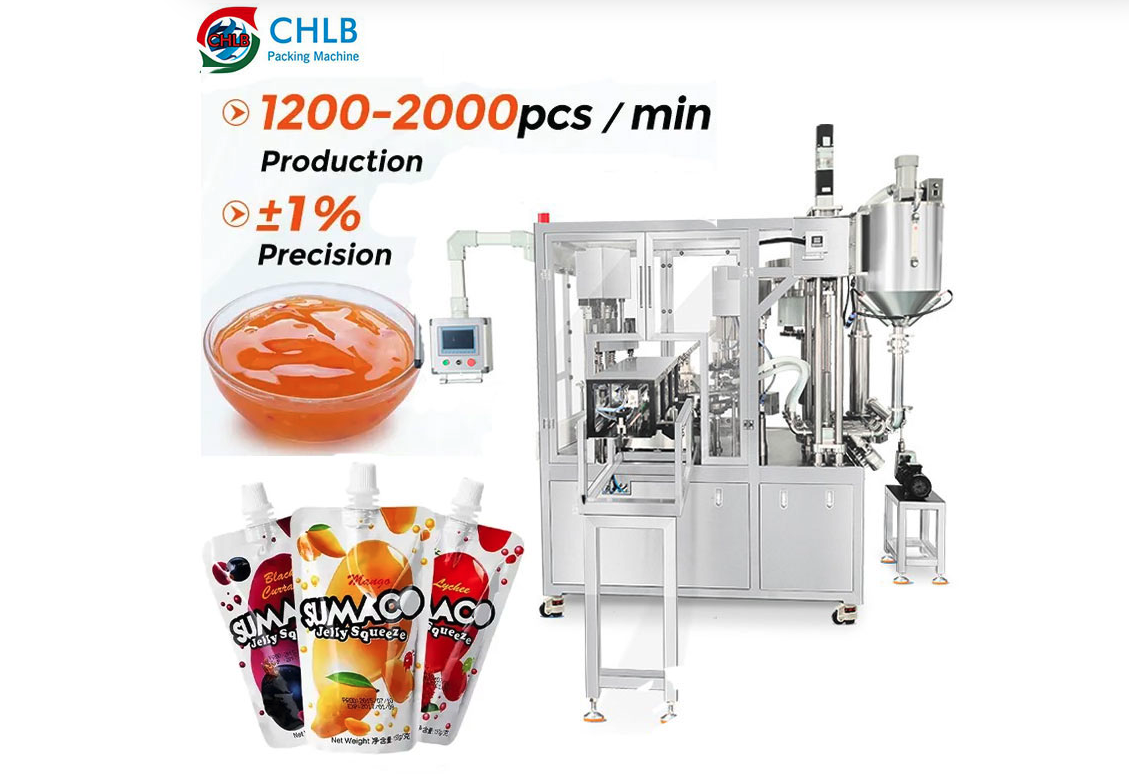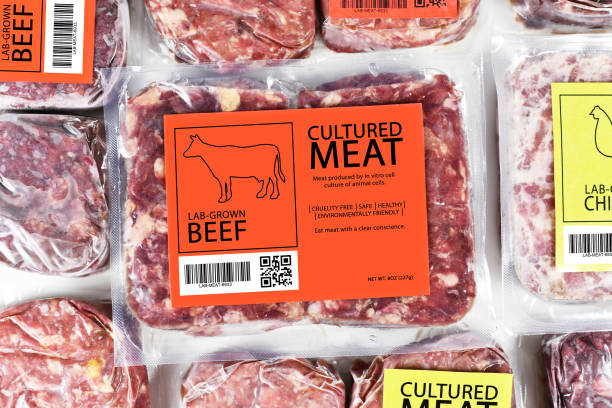Starting a food packaging business can be a thrilling adventure. Not only are you stepping into a market that’s always in demand, but you’re also entering a space where innovation can make a significant impact. Whether you’re looking at small business food packaging or thinking of a grander scale, this guide will help you navigate the process. Ready to learn how to start a food packaging business? Let’s dive in!
Step 1: Conduct Market Research
Market research is the foundation of any successful business. It’s about understanding your market, competitors, and the opportunities that exist. This step helps you tailor your strategies to meet market demands effectively.
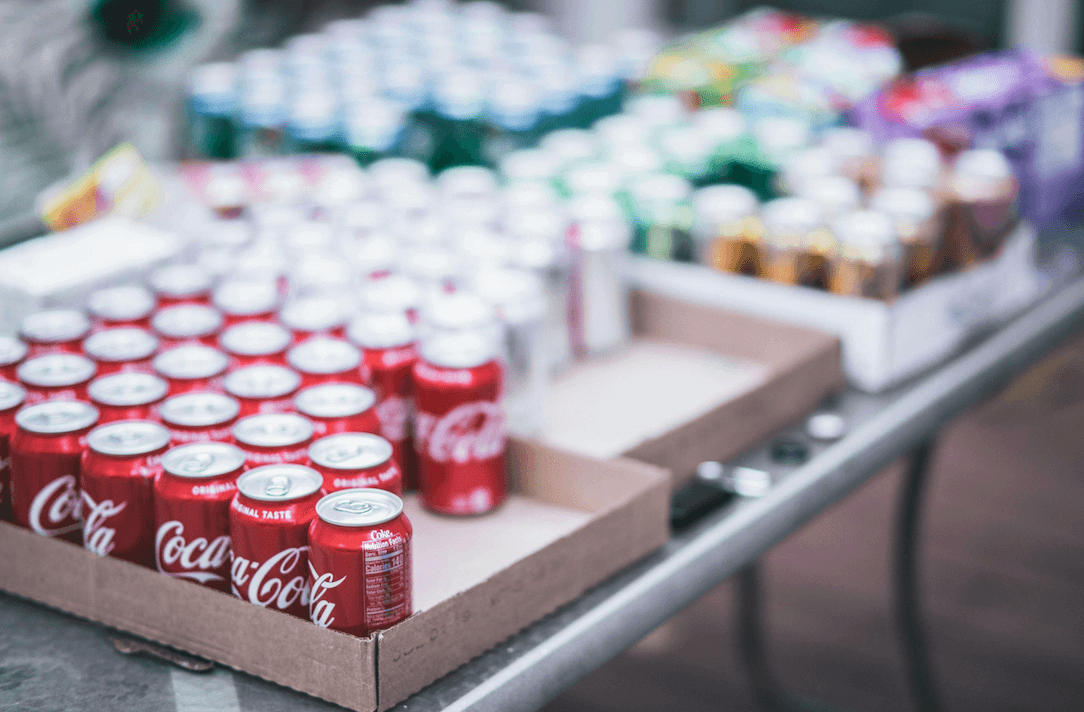
Identifying Target Market
First, you need to know who you’re selling to. Who are your customers? What are their ages, incomes, and lifestyles? Understanding these demographics helps you tailor your products. Are they eco-conscious? Do they prioritize convenience in frozen food packaging for small business, or are they looking for sustainable options? Do they prefer sleek and modern designs or something more traditional? Knowing these preferences can guide your product development and marketing strategies.
Analyzing Competitors
Next, take a look at the competition. Identify the major players in your market. What are they doing right? Where do they fall short? Analyzing their strengths and weaknesses can reveal gaps in the market that you can exploit. This insight can help you develop unique selling points and differentiate your brand.
Identifying Trends and Opportunities
Stay ahead by identifying emerging trends. Technological advancements and sustainability are hot topics. Keep an eye on new packaging technologies that can make your processes more efficient. With increasing consumer demand for eco-friendly products, sustainable packaging solutions are a significant opportunity. Consider how trends like biodegradable materials and reusable packaging can fit into your business model.
Step 2: Develop a Business Plan
A well-thought-out business plan is your roadmap to success. It outlines your strategy and provides a framework for achieving your business goals.

Defining Business Objectives
Set clear objectives to guide your business. Short-term goals might include launching your first product line or securing your first ten customers. Your long-term vision could be becoming a market leader in eco-friendly packaging. These goals will keep you focused and motivated.
Creating a Financial Plan
Finances are the lifeblood of your business. Determine your initial investment needs and explore funding options like personal savings, bank loans, or venture capital. Then project your revenues and analyze your costs. This will help you set realistic financial goals and pricing strategies. Detailed financial planning can prevent future cash flow issues and ensure sustainability.
Choosing the Right Business Model
How will you operate and make money? Decide whether you’ll sell directly to businesses (B2B) or consumers (B2C). Also, consider if you’ll operate online, offline, or both. Each model has its own benefits and challenges. B2B might offer larger orders and steady clients, while B2C could provide higher margins and a broader customer base.
Step 3: Secure Funding
With your business plan in hand, it’s time to secure funding to bring your vision to life.
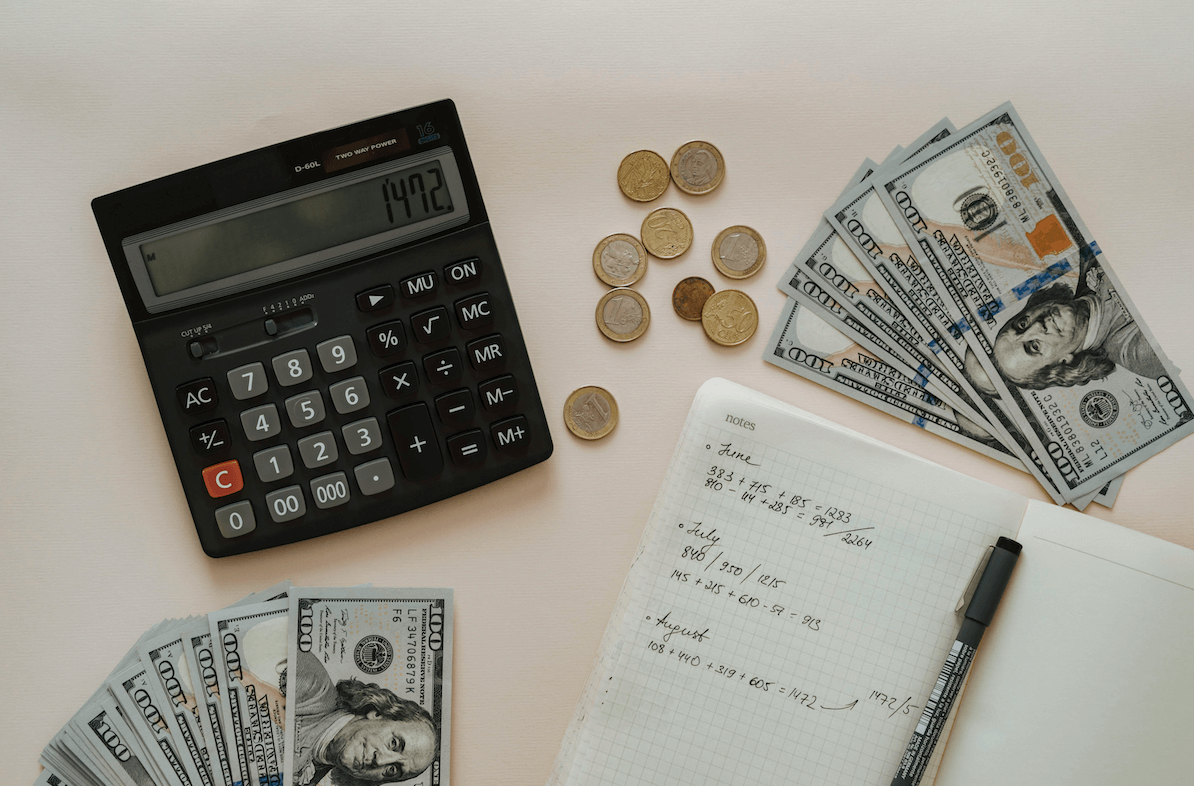
Identifying Funding Sources
Explore various funding sources. Your personal savings can get you started, but you might need more substantial funding from bank loans or venture capital if you’re aiming for rapid growth. Each funding source comes with its own terms and conditions, so choose wisely based on your business needs.
Preparing a Persuasive Business Proposal
A compelling business proposal can attract investors. Summarize your business idea and potential. Provide detailed financial forecasts and market analysis to show investors that your business is a worthwhile investment. Highlighting your unique value proposition and potential for growth can make your proposal stand out.
Managing Finances Effectively
Effective financial management is crucial. Create a detailed budget and plan your finances carefully. Monitor your cash flow to ensure you can meet your financial obligations. Regular financial reviews and adjustments will help keep your business on track.
Step 4: Set Up Your Production Facility
Now, let’s get to the nuts and bolts of your operation. Setting up an efficient and compliant production facility is key to your success.
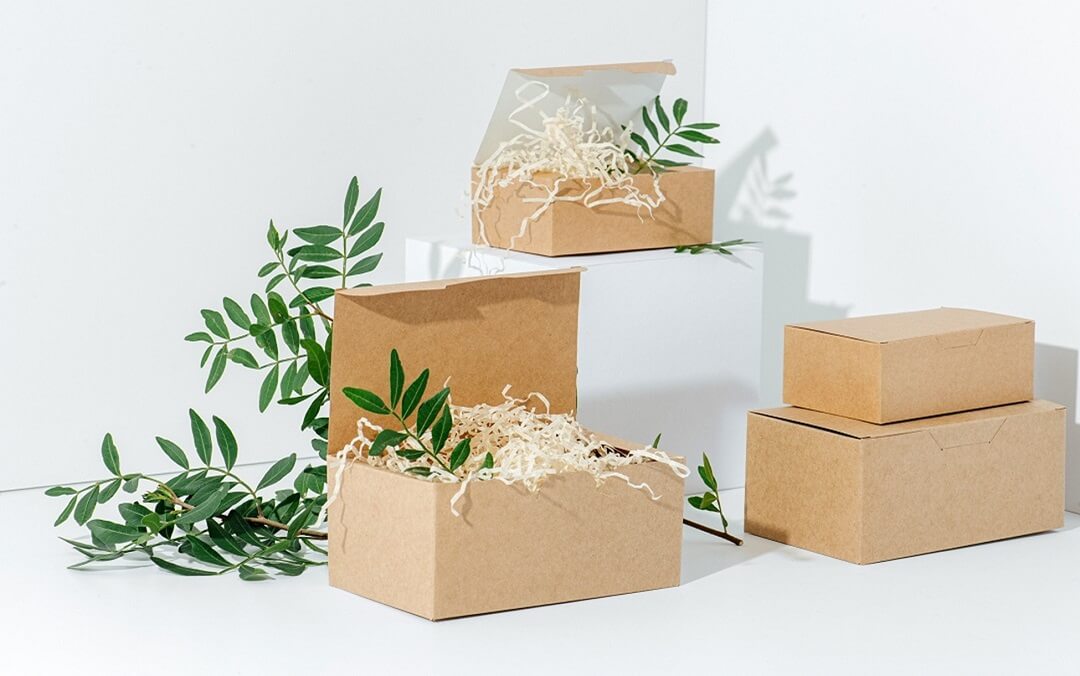
Choosing the Right Location
Location matters for logistics and cost efficiency. Choose a location that’s close to your suppliers and accessible to your target market to reduce transportation costs and improve efficiency. A strategic location can also facilitate smoother distribution.
Purchasing Equipment and Materials
Invest in the right tools and resources. Select food packaging machinery that meets your production needs. Balance quality with cost to ensure you’re getting the best value for your investment. Reliable packaging machine manufacturer can enhance productivity and product quality.
Hiring and Training Staff
Your team is crucial to your success. Hire skilled staff and provide ongoing training to keep them updated on the latest industry practices and technologies. A well-trained team can ensure smooth operations and high-quality output.
Step 5: Develop Your Brand and Marketing Strategy
A strong brand and effective marketing are key to attracting and retaining customers.
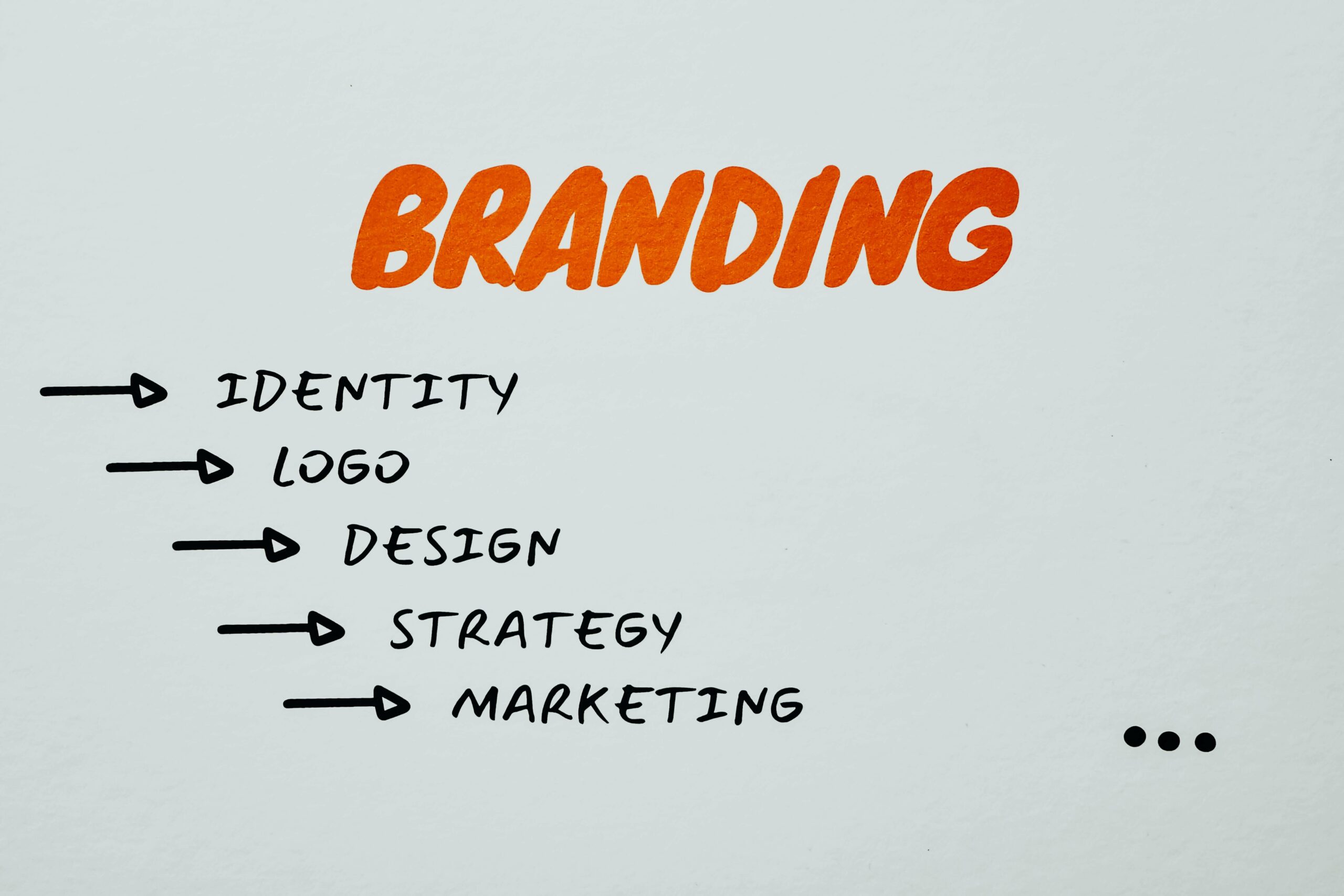
Creating a Unique Brand Identity
Your brand should stand out. Invest in professional logo and packaging design. Craft clear and compelling brand messages that communicate your unique value proposition. A strong brand identity can attract and retain customers, creating a loyal following.
Building an Online Presence
An online presence is vital in today’s digital world. Create a user-friendly website that showcases your products. Use social media to engage with your audience and build your brand. Online platforms can help you reach a wider audience and drive sales.
Implementing Sales and Distribution Strategies
Get your products into customers’ hands efficiently. Build relationships with retailers and distributors. Also, consider direct-to-consumer sales channels to increase your reach and profit margins. Diversifying your sales channels can provide stability and growth opportunities.
Conclusion
Starting a food packaging business is an exciting and rewarding journey. By following these steps, from conducting thorough market research to developing a robust business plan and setting up an efficient production facility, you’re setting yourself up for success. Remember, staying adaptable, innovative, and customer-focused will help your business thrive in this competitive industry. So, are you ready to turn your packaging dreams into reality?
Frequently Asked Questions (FAQ)
Q1: How much does it cost to start a food packaging business?
A: The initial cost can vary, but you should be prepared to invest anywhere from $50,000 to $200,000, depending on the scale of your operation and equipment needs.
Q2: What are some eco-friendly packaging options for small businesses?
A: Eco-friendly options include biodegradable plastics, recycled paper, and compostable materials. These options can help reduce environmental impact and attract eco-conscious customers.
Q3: Can I start a food packaging business from home?
A: While you can start planning and developing your business from home, you’ll eventually need a dedicated facility that meets health and safety regulations for food packaging.
Q4: How do I ensure my packaging meets food safety standards?
A: Familiarize yourself with FDA guidelines and local health regulations, and implement rigorous quality control processes to ensure your packaging is safe and compliant.
Q5: What are the benefits of automating my production processes?
A: Automation can significantly improve efficiency, reduce labor costs, and ensure consistent quality in your packaging products. It requires an initial investment but can save money in the long run.

